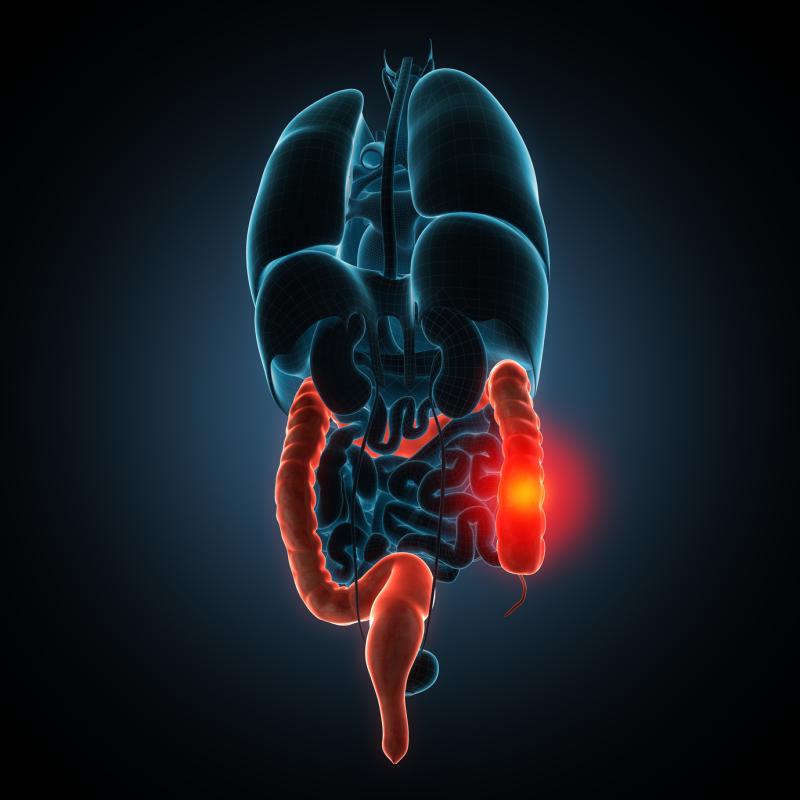
Keeping a healthy lifestyle and having regular colonoscopy screenings are effective measures to reduce the risk of developing colorectal cancer (CRC), a new study has shown.
Drawing from a large, population-based case-control study (n=4,220 CRC patients), researchers determined the 30-year absolute risk estimate for CRC with regards to lifestyle, polygenic risk based on 90 nucleotide polymorphisms, and history of colonoscopy. Lifestyle factors included smoking, diet, and physical activity, among others. A parallel group of 3,338 non-CRC participants was also included.
Researchers found that keeping a healthy lifestyle reduced the risk of CRC in both men and women, as did having had colonoscopy in the last 10 years. On the other hand, having a high polygenic risk score more than doubled the likelihood of developing CRC in both men and women.
Taking all three factors into consideration, researchers found that colonoscopy status was an important determinant of 30-year absolute CRC risk. In those who had not had a colonoscopy, CRC risk varied greatly, though adherence to a healthy lifestyle appeared to yield beneficial effects regardless of the individual genetic risk profile.
For example, a 50-year-old male with a high polygenic risk score, an unfavourable lifestyle, and who had not undergone colonoscopy would have a 30-year absolute CRC risk of 13.4 percent. A similar male, but who has kept a healthy lifestyle, only has a CRC risk of 7.6 percent. Had this patient also received a colonoscopy, the 30-year risk estimate would further drop to 2.6 percent.
A similar pattern of effect was observed for a 50-year-old female.